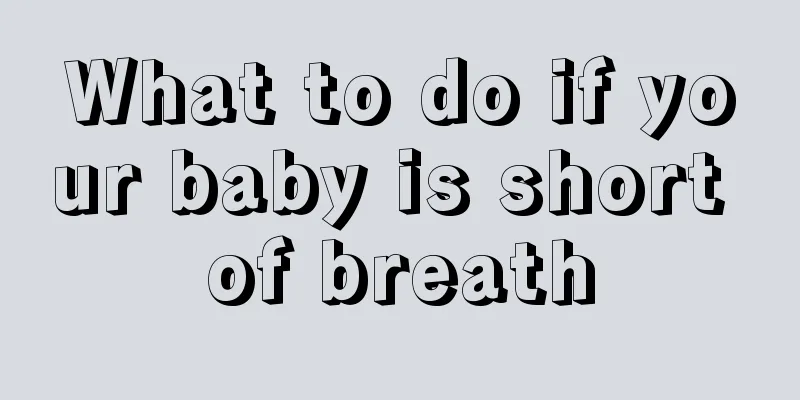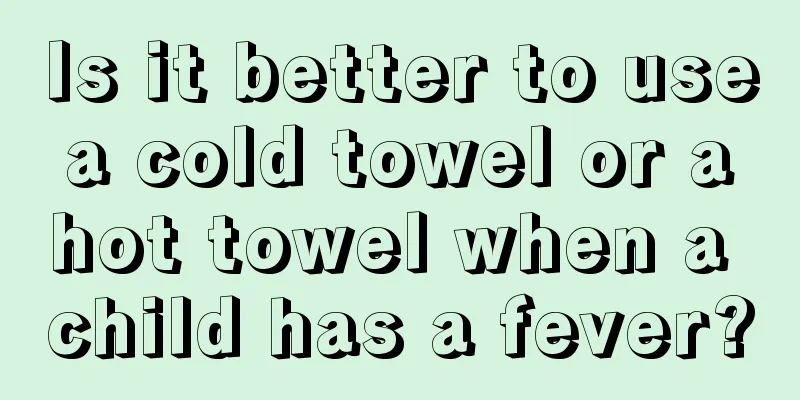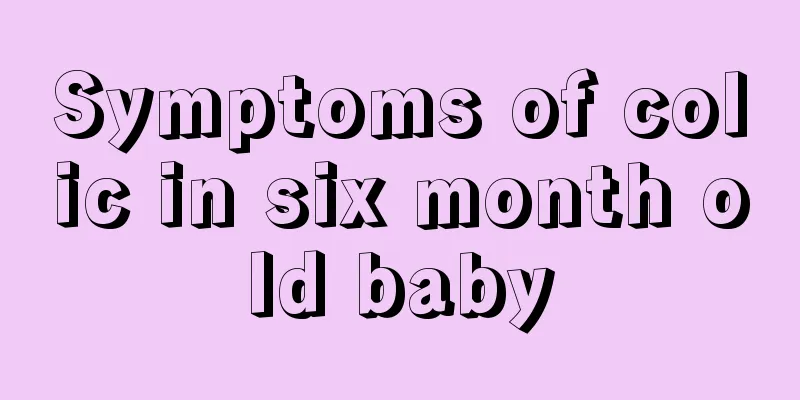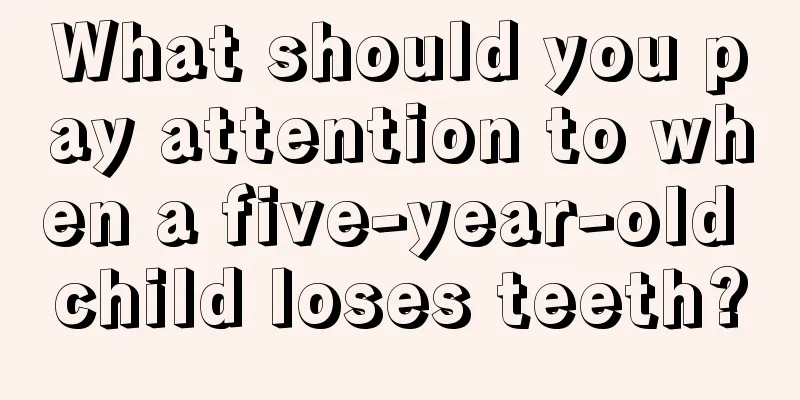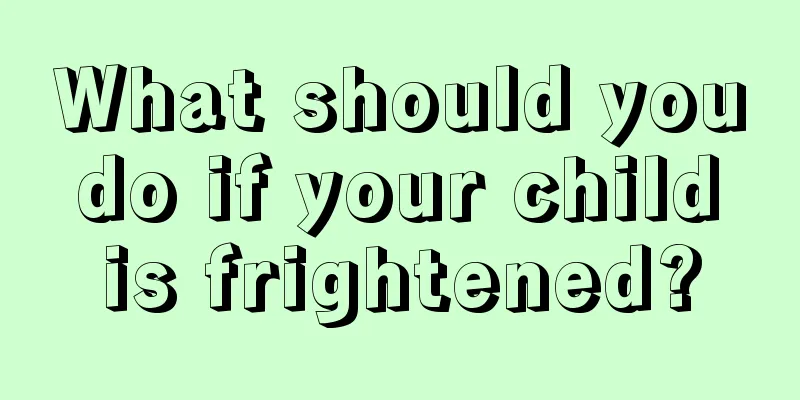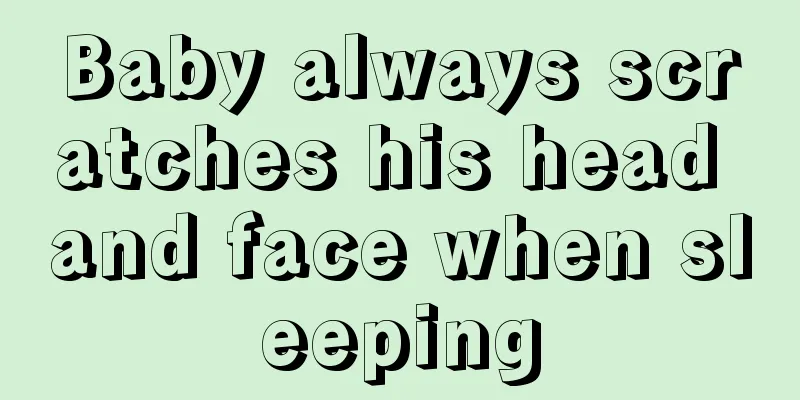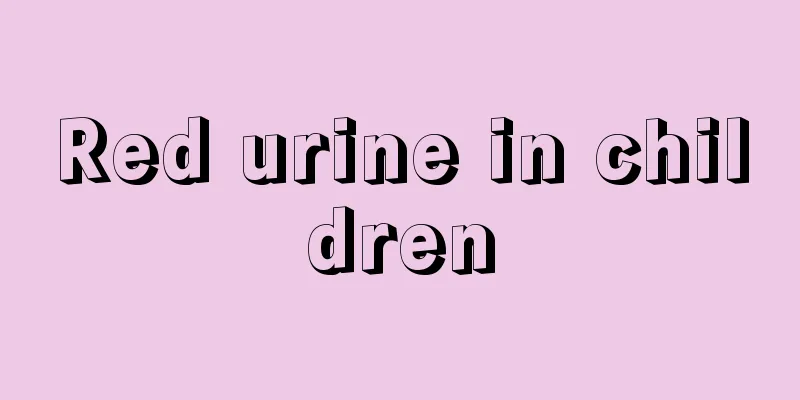What is the treatment for urticaria in children?
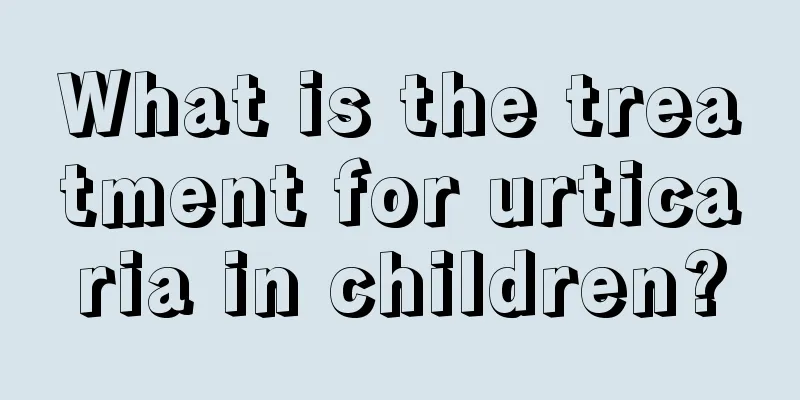
|
Although childhood urticaria is not a serious disease that affects life and health, the uncomfortable feeling it causes affects many urticaria patients, so how to treat urticaria has attracted everyone's attention. Good treatment methods can reduce the pain and allow patients to recover sooner, so it is recommended that you learn about the content introduced here, which will be helpful for your treatment of pediatric urticaria. 1. General treatment Because the causes of urticaria in children vary, the treatment effects are also different. The specific treatment measures are as follows: (1) Eliminate the cause. Every patient should strive to find the cause of the attack and avoid it. If the cause is infection, the infected lesions should be treated actively. If the allergy is caused by drugs, the allergy medication should be stopped; if the allergy is caused by food, find out the allergic food and stop eating this food. (2) Avoid triggering factors. For example, for cold urticaria, you should keep warm; for acetylcholine urticaria, you should reduce exercise, sweating and mood swings; for contact urticaria, you should reduce the chance of contact. 2. Medication (1) Antihistamines. ①H receptor antagonists have strong anti-histamine and anti-other inflammatory mediator effects, and are effective in treating various types of urticaria. Commonly used H1 receptor antagonists include diphenhydramine, cyproheptadine, chlorpheniramine, acrivastine, cetirizine, mizolastine, loratadine, ebastine, azelastine, desloratadine, etc.; when single treatment is ineffective, two different types of H1 receptor antagonists can be used in combination or in combination with H2 receptor antagonists. Commonly used H2 receptor antagonists include cimetidine, ranitidine, famotidine, etc. It is effective for acute, chronic urticaria and cold urticaria. Dosage varies from person to person. ② Doxepin is a tricyclic antidepressant that is particularly effective for chronic urticaria and has fewer adverse reactions. Doxepin is a better choice of drug for patients with urticaria who are not responsive to traditional antihistamines. (2) Drugs that inhibit mast cell degranulation and reduce histamine release. ① Metabuterol sulfate is a β2-adrenergic receptor stimulator that can increase the concentration of cAMP in the body, thereby inhibiting mast cell degranulation. ② Ketotifen inhibits mast cell degranulation and prevents the release of inflammatory mediators (such as histamine, slow-reacting substances, etc.) by increasing the concentration of cAMP in the body. Its inhibitory effect is stronger and faster than that of sodium cromoglycate, and it can be taken orally. ③Sodium cromoglycate can block the binding of antigen and antibody and inhibit the release of inflammatory mediators. If used in combination with glucocorticoids, the dosage of the latter can be reduced and the therapeutic effect can be enhanced. ④ Tranilast reduces the release of histamine by stabilizing the mast cell membrane. (3) Glucocorticoids are second-line drugs for the treatment of urticaria. They are generally used when severe acute urticaria, urticarial vasculitis, and pressure urticaria are ineffective against antihistamines, or when chronic urticaria is severely stimulated. They are administered intravenously or orally, and long-term use should be avoided. Commonly used drugs are as follows: ① prednisone; ② triamcinolone; ③ dexamethasone; ④ diprosone. In emergency situations, hydrocortisone, dexamethasone, or methylprednisolone is given intravenously. (4) Immunosuppressants. When patients with chronic urticaria have an autoimmune basis and the disease recurs, and the above treatments cannot achieve satisfactory results, immunosuppressants can be used. Cyclosporine has a good therapeutic effect. Azathioprine, cyclophosphamide, methotrexate and immunoglobulin can all be tried. Tripterygium wilfordii also has a certain therapeutic effect. Due to the high incidence of side effects of immunosuppressants, they are generally not recommended for the treatment of urticaria. In addition, drugs that reduce vascular permeability, such as vitamin C, vitamin P, calcium supplements, etc., are often used in combination with antihistamines. If it is caused by infectious factors, appropriate antibiotics can be used for treatment. The above treatment methods have been verified by a large amount of clinical experience and the effects are very good. Therefore, before treatment, children with urticaria should try to find the cause of the attack, avoid the absorption of some allergic foods, and prescribe the right medicine. If patients can follow the doctor's advice and receive systematic and comprehensive treatment, they can get rid of the pain and return to health as soon as possible. |
<<: How to make baby nutritious soup
>>: Treatment of baby's tonsillitis and fever
Recommend
The best age for phimosis surgery in children
Generally speaking, phimosis surgery can be perfo...
Peeling skin on child's hands
Children's skin is very delicate and generall...
The child still has a fever after the IV drip
Because children have poor resistance, they often...
What complementary foods are available for 17-month-old babies?
For new mothers, not only do they need to take go...
What should I do if my child has thrush?
When the weather is hot, children are prone to ge...
Exercises for weight loss in kids
Nowadays, not only some young people may suffer f...
What is the cause of itchy red spots on the palms of children's hands?
Children have relatively low physical resistance ...
Does a child's tooth have a hole that needs to be filled?
Children between the ages of 2 and 14 are suscept...
What should I do if my two-year-old baby suddenly stutters?
There are many people who stutter in our daily li...
How can students stay up late to refresh their minds?
The lamps are lit at midnight and the rooster cro...
Ten-year-old child sweats when sleeping at night
Ten-year-old children will sweat when they sleep,...
What are the baby's developmental indicators at two months?
Newborn babies are very difficult to raise, and w...
Symptoms of anemia in one-year-old babies
Anemia in babies is a rather troublesome matter, ...
What does it mean when a baby breathes very quickly?
When babies are young, they will have various sym...
How to solve external ear deformity in children?
If parents find that their baby's external ea...

